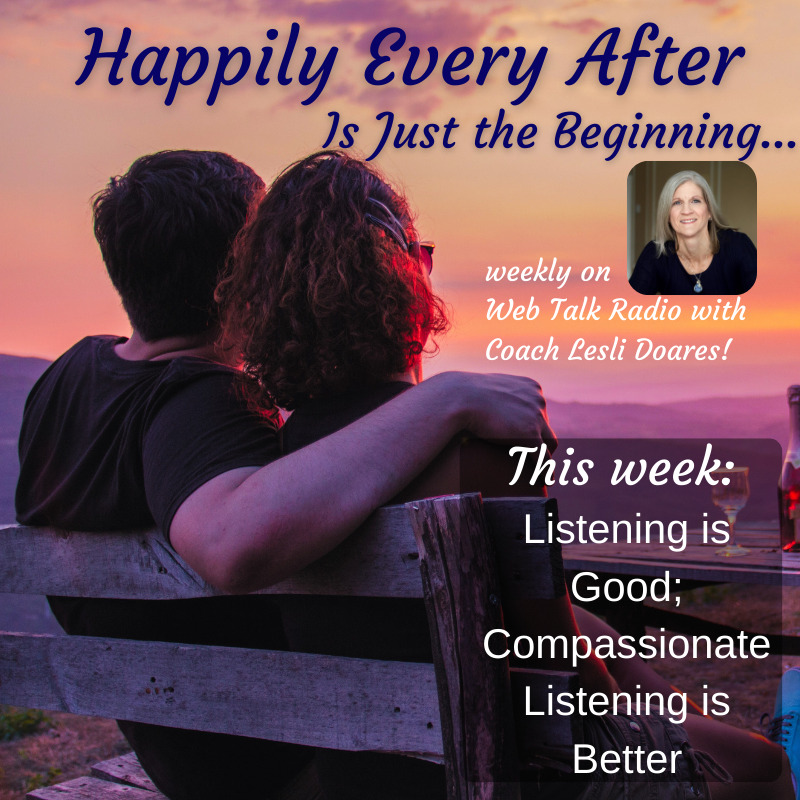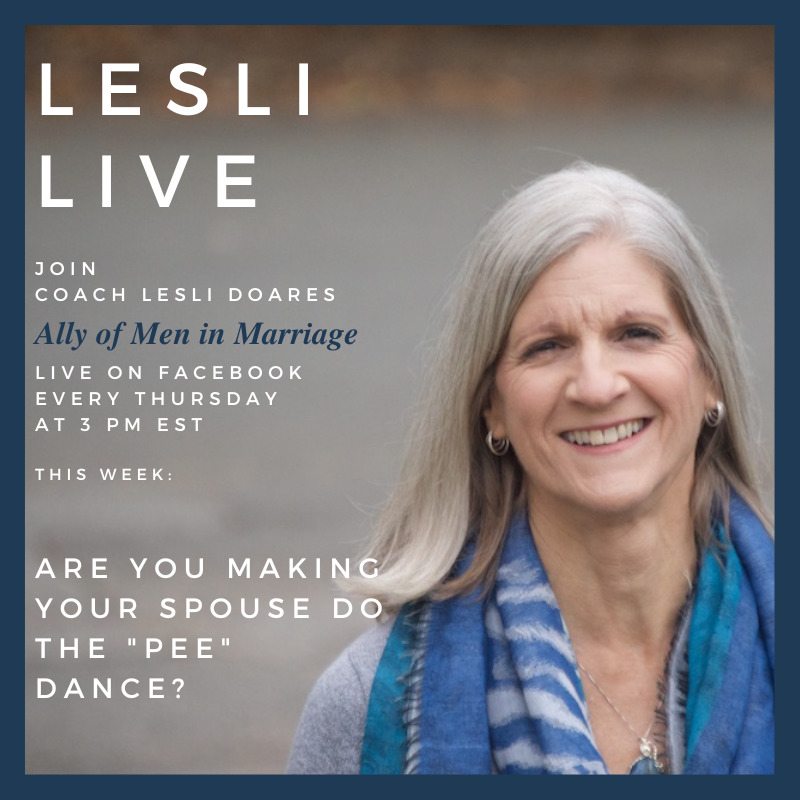Do you make your wife jump through hoops to get courtesy and compassion from you? If so, you’re putting your marriage in grave danger.
I was thinking about this during a session earlier today with my clients Todd and Susan (not their real names). She was hurt when he left her at the car as he walked with their two children to the restaurant where they had a dinner reservation. She was still gathering up the diaper bag and other child-related paraphernalia necessary for a public meal with children.
When she caught up with them, Susan made a comment about Todd “being a real gentleman.” Now, sarcasm is rarely helpful at times like this, but she once more felt like nothing more than the help. Todd explained he didn’t want to be late for the reservation. What Susan felt was that helping her wasn’t as important as how a stranger might view them for being a few minutes late.
Instead of acknowledging her feelings, he wanted her to justify why what he had done was so “bad”. He thought he was doing a good thing and she was overreacting.
As I listened to their story, I flashed back to two behaviors my father would engage in when my two sisters and I were fairly young.
Is Your Wife Too Stressed for Physical Intimacy?
“You musn’t force sex to do the work of love or love to do the work of sex.” - Mary Mccarthy Your wife, if she is like most women, is very sensitive to context when it comes to being receptive to your invitations to get physical with you. In the book Come as You Are,...
The #1 Reason Your Wife Says No to Intimacy
“Sexual intimacy is a continuing process of discovery.” – Sheri Stritof You’ve planned the perfect evening. Kids are at your parents. Dinner ordered from her favorite restaurant. You’ve even agreed to watch her favorite rom-com, again. The stars are in alignment and...
The #1 Ingredient You Need for a Successful Marriage
“The great marriages are partnerships. It can’t be a great marriage without being a partnership.” – Helen Mirren You may think that love is the most important ingredient needed for a good marriage but, the Beatle’s notwithstanding, it’s not. Love is necessary but not...
So there we would be, three small girls squirming and doing the “pee” dance in the car. Hoping to make it until Dad needed to stop. Knowing the reaction if one of us had an “accident”.
The second—when I would be upset and actually crying, Dad would say, “If you don’t stop crying, I’ll give you something good to cry about.” At five, I thought that was the stupidest thing I ever heard. I still do and swore those words would never come out of my mouth to my children.
Obviously, I thought I had good reason to cry. The fact my father didn’t said more about him than me.
Yes, my crying made him uncomfortable. He wouldn’t cry in that circumstance so I shouldn’t either.
But his not being hurt did not negate my hurt. The same is true of Todd and Susan. And for you and your wife. Trying to make it so only adds insult to injury.
As a child I had no recourse. As a spouse I do. And so does yours.
The appropriate response when your wife expresses hurt is to be compassionate. You don’t have to feel the same way about the same things. But expressing support and care for her feelings, even if you meant no harm, is the relational thing to do. It makes her feel seen, loved, and supported.
All things you want her to feel.
It is okay to ask for more clarification about the source of the hurt but only after her feelings are acknowledged. And then, it’s about gathering information about what matters to her not to make her defend her right to feel that way.
Oh, and she owes you the same courtesy. Your feelings and reasons for having them are not open for debate either. Acknowledging them is loving. Understanding them—meaning they must make sense to you—is not.
The fact that different things bother you is not the problem. How you handle these differences might well be.
And in marriage, you can never go wrong with compassion and courtesy.
If you’re tired of doing this dance with your spouse, schedule your 5 Star Relationship Call with me today.
Around the Web This Week

LISTENING IS GOOD, COMPASSIONATE LISTENING IS BETTER
Michael Gingerich and Tom Kaden, founders of Someone to Tell It To, explain both the differences and benefits of this type of listening.
ARE YOU MAKING YOUR SPOUSE DO THE “PEE” DANCE
understand them, instead of simply accept them, you leave them feeling unheard and unloved.









